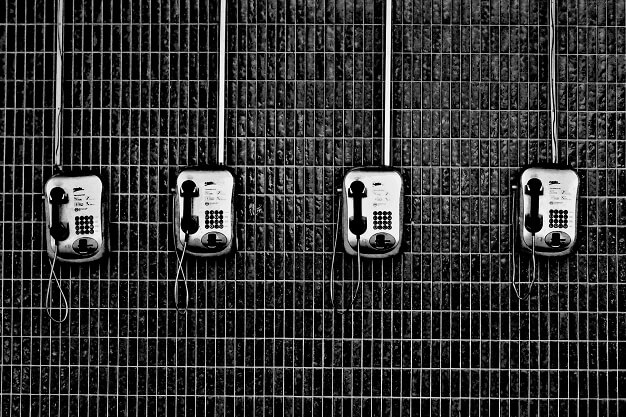Following the D.C. Circuit’s narrowing of the FCC’s broad definition of an autodialer in its 2015 Omnibus TCPA Declaratory Ruling and Order (“Omnibus Order”), the Third Circuit has ruled that a dialing system must have actual and present capacity to generate random or sequential numbers in order to be considered an autodialer under the TCPA. Systems that require modifications to be able to generate random or sequential numbers are not considered autodialers. The decision strikes yet another blow at the FCC’s interpretation of autodialer as encompassing any device with the mere “potential” capacity to dial automatically. Requiring actual and present capacity may materially reduce risks for companies engaging in phone or text message communications.
The plaintiff had obtained a reassigned phone number, which had been enrolled in text message alerts every time the prior owner of the phone number received an email. At issue was whether the defendant used an autodialer in the transmission of the text messages. The Third Circuit ruled that no autodialer was used, since the only evidence submitted by the plaintiff were expert reports opining on whether the dialing equipment had the “latent or potential capacity” to autodial messages—not whether the equipment had the actual or present capacity to dial automatically.
On the basis of the D.C. Circuit’s decision in ACA International, and finding no merit in the plaintiff’s “speculative” expert reports, the Third Circuit stated that the plaintiff “cannot point to any evidence that creates a genuine dispute of fact as to whether the Email SMS Service had the present capacity to function as an autodialer by generating random or sequential telephone numbers and dialing those numbers.” Therefore, the district court was correct in excluding the plaintiff’s expert reports and granting summary judgment in favor of the defendant.
This Third Circuit decision is welcome news for companies using calling or text messaging systems that are not presently capable of generating random or sequential numbers. Companies making phone calls or text messages should analyze their dialing equipment to ensure they are not presently capable of dialing automatically. It is unclear how the FCC will respond to the Third Circuit’s and D.C. Circuit’s decisions, but we expect that any new regulations will be more favorable to businesses.





